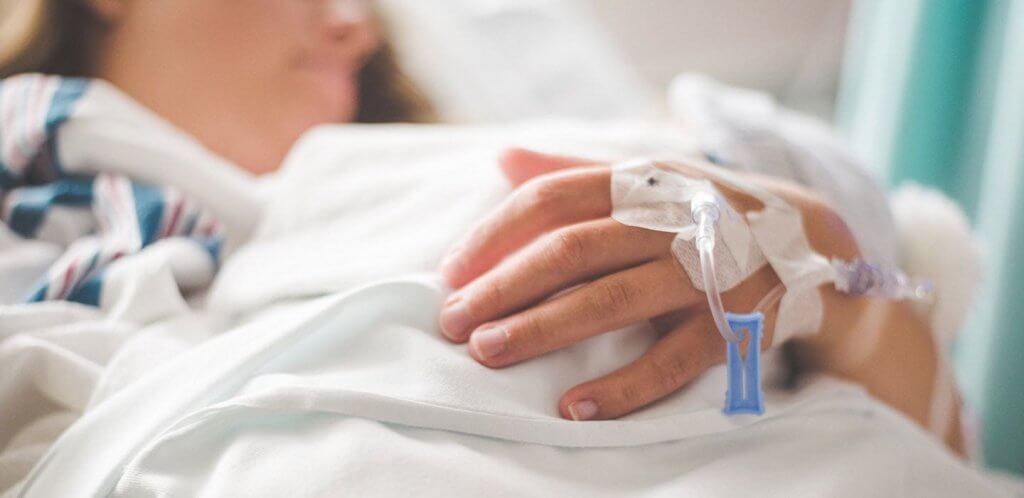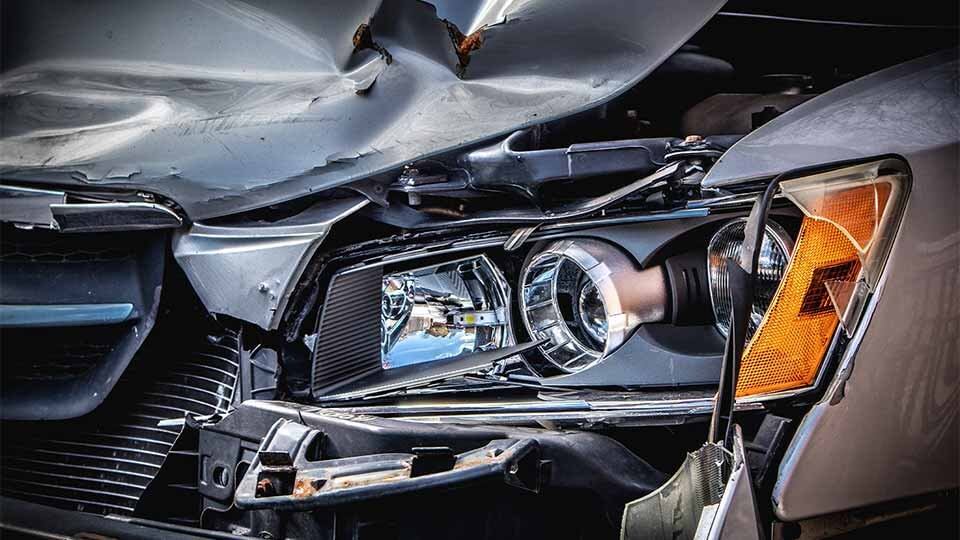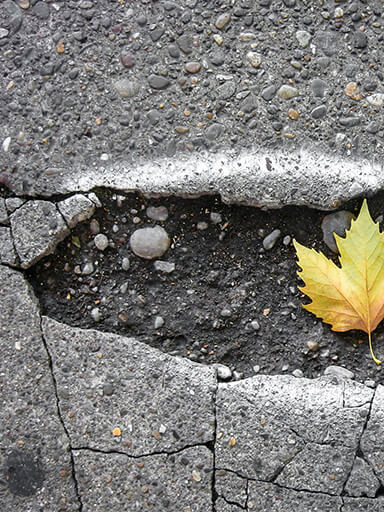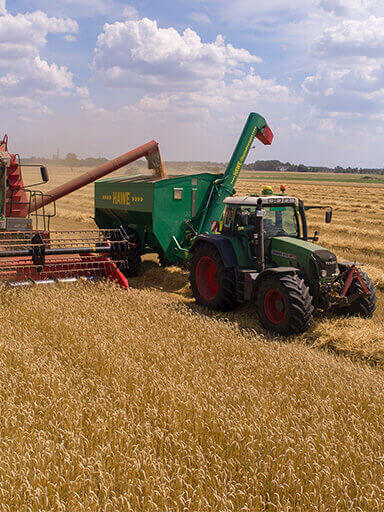If you find yourself involved in a motorbike accident today in the UK, it’s important to act quickly and efficiently. Knowing the proper steps to take after a motorbike accident can make a significant difference in the outcome of your case and your overall well-being. In this article, we will outline 10 crucial steps that you should take after a motorbike accident in the UK.
From ensuring your safety at the accident scene to gathering evidence and reporting the incident to the proper authorities, these steps will help protect your rights and assist in the claims process. We will also provide essential tips for dealing with insurance companies and seeking medical attention for any injuries sustained.
By following these steps, you can navigate the aftermath of a motorbike accident in the UK with confidence, ensuring that you have the best chance of obtaining the compensation you deserve and returning to normalcy as soon as possible.
Remember, proper knowledge and preparation are key when faced with a motorbike accident. So, let’s dive in and discover the crucial steps to take.
Understanding motorbike accidents in the UK
Motorbike accidents are unfortunately common occurrences on UK roads. According to the Road Charity, Brake, five people a day die on the road in the UK and 84 are seriously injured. In 2021 123 Motorcyclist died on UK roads and 2,080 were seriously injured. The vulnerability of motorbike riders makes them more susceptible to serious injuries and fatalities when involved in accidents. Understanding the causes and consequences of motorbike accidents can help you identify potential hazards and take appropriate measures to stay safe.
It’s important to note that motorbike accidents can happen due to various factors, including driver negligence, road conditions, weather conditions, and mechanical failures. Being aware of these potential risks can help you anticipate and mitigate them when riding your motorbike.
The importance of taking immediate action
After a motorbike accident, taking immediate action is crucial. Your first priority should be to ensure your safety and the safety of others involved in the accident. Move to a safe location if possible, and if you or anyone else is injured, call emergency services right away.
It’s important not to underestimate any injuries, even if they seem minor at first. Some injuries may have delayed symptoms or could worsen over time. Seeking medical attention promptly will not only ensure your well-being but also provide documented evidence of your injuries, which will be valuable when filing insurance claims or pursuing legal action.
Ensuring your safety and the safety of others
Ensuring your safety and the safety of others at the accident scene is paramount. If you can, move away from traffic and find a safe spot to wait for emergency services to arrive. Turn on your hazard lights and, if necessary, set up flares or warning triangles to alert other road users of the accident.
If you have a reflective vest or other high-visibility clothing, put it on to make yourself more visible to other drivers. Remember, staying safe is crucial, and taking these precautions can help prevent further accidents or injuries.
Gathering important information at the accident scene
While still at the accident scene, it’s important to gather as much information as possible. This information will be crucial when filing insurance claims or pursuing legal action. Here are some key pieces of information to collect:
1. Driver and vehicle details: Exchange contact information, driver’s license details, vehicle registration numbers, and insurance information with the other party involved in the accident.
2. Witness statements: If there were any witnesses to the accident, ask for their contact information and, if possible, obtain their statements regarding what they saw. Witness statements can provide valuable evidence to support your case.
3. Photos and videos: Use your smartphone or any available camera to document the accident scene. Take photos of the vehicles involved, the damage caused, any visible injuries, and the surrounding road conditions. Videos can also be helpful in capturing the sequence of events leading up to the accident.
Remember, gathering accurate and detailed information will strengthen your case and help establish liability.
Contacting emergency services and reporting the accident
Contacting emergency services and reporting the accident is essential, especially if there are injuries or significant damage to property. Dial the emergency services number (999 or 112 in the UK) and provide them with the necessary information about the accident. They will dispatch the appropriate responders, such as paramedics or the police, to the scene.
When the police arrive, provide them with a detailed account of the accident. Be honest and factual in your statements, and do not admit fault or speculate about the cause of the accident. The police will create an accident report, which will be valuable when filing insurance claims or pursuing legal action.
Seeking medical attention and documenting your injuries
After a motorbike accident, it’s crucial to seek medical attention, even if you believe your injuries are minor. Some injuries may not be immediately apparent, and a medical professional can assess your condition and provide appropriate treatment.
When seeking medical attention, ensure that you provide an accurate and detailed account of the accident and any symptoms you are experiencing. This information will be recorded in your medical records and can serve as evidence of your injuries.
In addition to seeking medical attention, it’s important to document your injuries. Take photos of any visible injuries, such as cuts, bruises, or broken bones. Keep records of all medical appointments, treatments, medications, and any expenses related to your injuries. These documents will support your claim for compensation.
Notifying your insurance company
After seeking medical attention, it’s crucial to notify your insurance company about the accident as soon as possible. Most insurance policies require prompt reporting of accidents, so failing to do so may result in a denial of your claim.
When notifying your insurance company, provide them with accurate and detailed information about the accident. Explain the sequence of events, the damages to your motorbike, and any injuries sustained. If you have gathered evidence or witness statements, share them with your insurance company as well.
Remember to keep copies of all correspondence with your insurance company, including emails or letters. This documentation will be helpful if any disputes arise during the claims process.
Collecting evidence and witness statements
To strengthen your case, it’s important to collect additional evidence and witness statements beyond what you gathered at the accident scene. This can include obtaining CCTV footage from nearby businesses or homes, collecting dashcam footage from other drivers who may have witnessed the accident, or seeking expert opinions regarding the accident reconstruction.
In addition, reach out to the witnesses you identified at the accident scene and ask them to provide written statements detailing what they saw. These statements can serve as valuable evidence when negotiating with insurance companies or presenting your case in court.
What are the most common types of injuries from a motorbike accident
The most common types of injuries from a motorbike accident are:
- head injuries, which can be anything from a traumatic brain injury to minor cuts and abrasions to the face.
- Facial injuries including scarring
- Brain damage
- Paraplegia
- Shoulder injury
- fractured hands, wrist or elbows
- Fractured thigh bones
- Severe back injury with spinal cord damage.
Consulting with a motorbike accident lawyer
Navigating the legal aspects of a motorbike accident can be complex, especially when dealing with insurance companies and potential legal disputes. Consulting with a motorbike accident lawyer can provide you with the necessary guidance and expertise to protect your rights and maximize your chances of obtaining fair compensation.
A motorbike accident lawyer will assess the details of your case, help gather evidence, negotiate with insurance companies on your behalf, and represent you in court if necessary. Their knowledge of personal injury laws and experience in handling motorbike accident cases will ensure that you receive the legal support you need throughout the claims process.
Understanding your rights and pursuing a compensation claim
Finally, it’s important to understand your rights and pursue a compensation claim if you believe you are entitled to it. In the UK, if you have been injured in a motorbike accident due to someone else’s negligence, you may be able to claim compensation for your injuries, pain and suffering, loss of earnings, and other related expenses.
To pursue a compensation claim, consult with a motorbike accident lawyer who will guide you through the process. They will assess the strength of your case, gather evidence, negotiate with insurance companies, and represent you in court if necessary. By understanding your rights and seeking professional legal assistance, you can increase your chances of obtaining the compensation you deserve.
In conclusion, being involved in a motorbike accident in the UK can be a traumatic experience. However, by following these 10 crucial steps, you can navigate the aftermath with confidence. From ensuring your safety at the accident scene to gathering evidence and reporting the incident, each step is designed to protect your rights and assist in the claims process.
Remember, proper knowledge and preparation are key when faced with a motorbike accident. By seeking immediate medical attention, notifying your insurance company, collecting evidence, and consulting with a motorbike accident lawyer, you can increase your chances of obtaining fair compensation and returning to normalcy as soon as possible.
So, stay informed, stay safe, and take the necessary steps to protect yourself after a motorbike accident in the UK.
Let us help you





